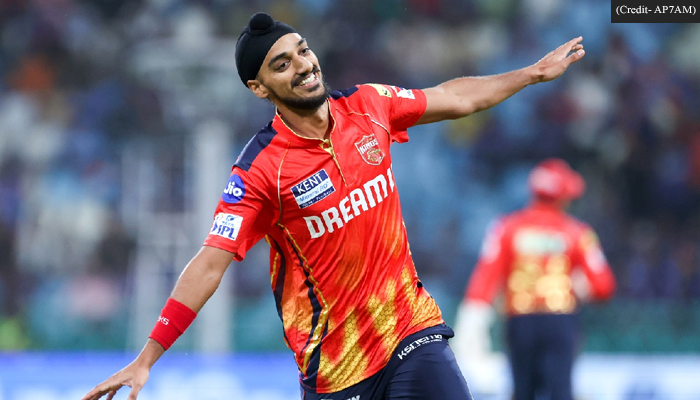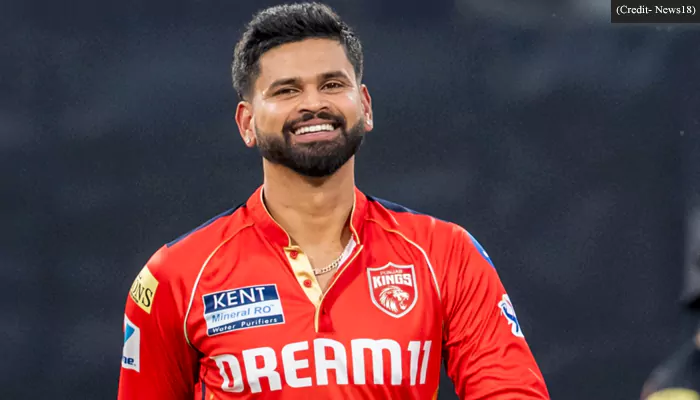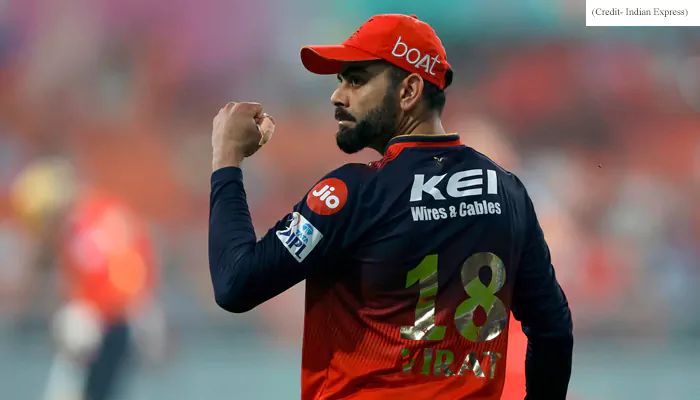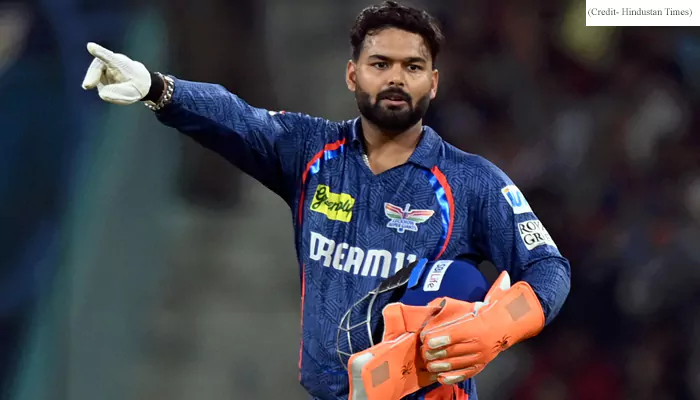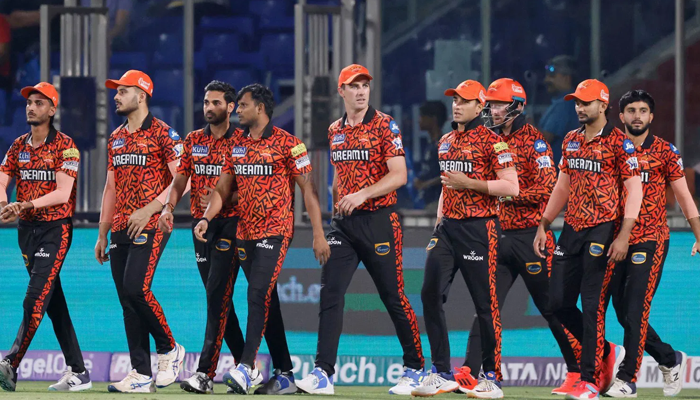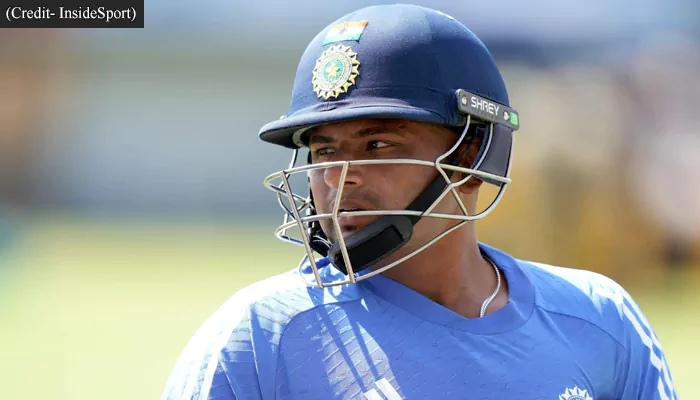
Athens 2004 introduced Björk’s ethereal “Oceania,” composed specifically for the event.
The London 2012 closing ceremony was a star-studded extravaganza, with performances by George Michael, The Who, Paul McCartney, Jessie J with Queen, Muse and the Spice Girls.A crucial component of the Olympics spectacle is the music, with iconic performances that have become as memorable as the athletic feats themselves.
Musicians Dazzle at the Olympics
The opening ceremony is a grand stage for musical performances that set the tone for the games. Sydney 2000 showcased Australia’s musical prowess with Olivia Newton-John and John Farnham’s “Dare to Dream” and Kylie Minogue’s rendition of “Dancing Queen.” Salt Lake City 2002 offered a contrast with The Chicks (then known as The Dixie Chicks) and the rock energy of Kiss. Athens 2004 introduced Björk’s ethereal “Oceania,” composed specifically for the event.
Vancouver 2010 was a Canadian musical showcase, featuring k.d. lang, Bryan Adams, Nelly Furtado, Neil Young, and Alanis Morissette. The London 2012 closing ceremony was a star-studded extravaganza, with performances by George Michael, The Who, Paul McCartney, Jessie J with Queen, Muse, and the Spice Girls. One Direction also made a memorable appearance.

Bryan Adams thrills with his performance // Picture Courtesy — Grammy.com
The Who’s Who of Music
The Olympic stage has been a platform for a diverse range of musical genres. Classical powerhouses like Montserrat Caballé and Freddie Mercury, with their iconic “Barcelona” performance at the 1992 Barcelona Olympics, and Luciano Pavarotti’s “Nessun Dorma” at the 2006 Turin Winter Olympics, have left an enduring legacy. Rock legends like Stevie Wonder, with his poignant rendition of John Lennon’s “Imagine” at the 1996 Atlanta Olympics, and Jimmy Page’s collaboration with Leona Lewis on “Whole Lotta Love” at the 2008 Beijing Olympics, have showcased the genre’s enduring power.
Pop icons have also made their mark. Lionel Richie’s “All Night Long (All Night)” at the 1984 Los Angeles Olympics and Céline Dion’s “The Power of the Dream” at the 1996 Atlanta Olympics are classic pop anthems associated with the Games. Ricky Martin brought Latin flair to the 2006 Turin Winter Olympics.
The Olympics has embraced contemporary music as well. Kygo and Julia Michaels represented electronic and pop music at the 2016 Rio Olympics closing ceremony, while South Korean boy band EXO showcased a new generation of global pop stars at the 2018 PyeongChang Winter Olympics.
Beyond the performances themselves, the Olympics has often served as a platform for artists to reach a global audience.The event’s unique combination of sports and entertainment creates a powerful synergy that amplifies the impact of the music. As the 2024 Paris Olympics approaches, anticipation for the next chapter in this musical legacy is high.

Kygo and Julia Michaels represented electronic and pop music at the 2016 Rio Olympics closing ceremony // Picture Courtesy — Vimeo
A Deeper Dive: The Cultural Impact
The choice of performers for the Olympics often reflects the host country’s cultural identity. For example, the Sydney 2000 Olympics showcased Australia’s vibrant music scene, while the London 2012 games celebrated British music history. This cultural exchange adds another layer of significance to the Olympic experience.
Moreover, the Olympics has been a catalyst for musical collaborations. The pairing of Montserrat Caballé and Freddie Mercury, for instance, was a groundbreaking fusion of opera and rock. Such collaborations have expanded musical horizons and created unforgettable moments.
The Olympic stage has also served as a platform for social and political messages. Stevie Wonder’s performance of “Imagine” at the Atlanta 1996 Olympics, for example, carried a powerful message of peace and unity.
As the world continues to evolve, so too will the music of the Olympics. Future Games promise to introduce new artists and genres, further enriching the cultural tapestry of this global event.
A Tradition Set to Continue
With each Olympics, the musical landscape evolves. Emerging artists and new genres will undoubtedly shape the sound of future Games. As technology advances, interactive elements and digital performances may become increasingly prominent.
Regardless of the musical direction, one thing is certain: the Olympics will continue to be a stage for unforgettable performances that resonate with audiences worldwide.

